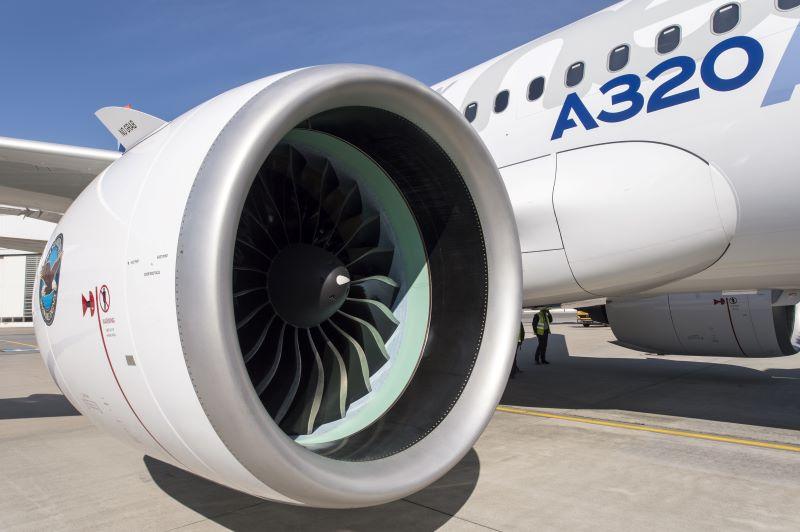Pratt & Whitney Bulletin Details Population Of PW1100Gs Set For Checks

Credit: Airbus Operations Gmbh 2015
Pratt & Whitney’s service instructions used as the basis for an FAA mandatory near-term inspection order on certain PW1100G turbofans provide little insight into the checks beyond a list of affected engines and uninstalled disks. The Aug. 4 “special instruction (SI)” bulletin that the FAA used as...
Subscription Required
Pratt & Whitney Bulletin Details Population Of PW1100Gs Set For Checks is published in Aviation Daily, an Aviation Week Intelligence Network (AWIN) Market Briefing and is included with your AWIN membership.
Already a member of AWIN or subscribe to Aviation Daily through your company? Login with your existing email and password
Not a member? Learn how to access the market intelligence and data you need to stay abreast of what's happening in the air transport community.





